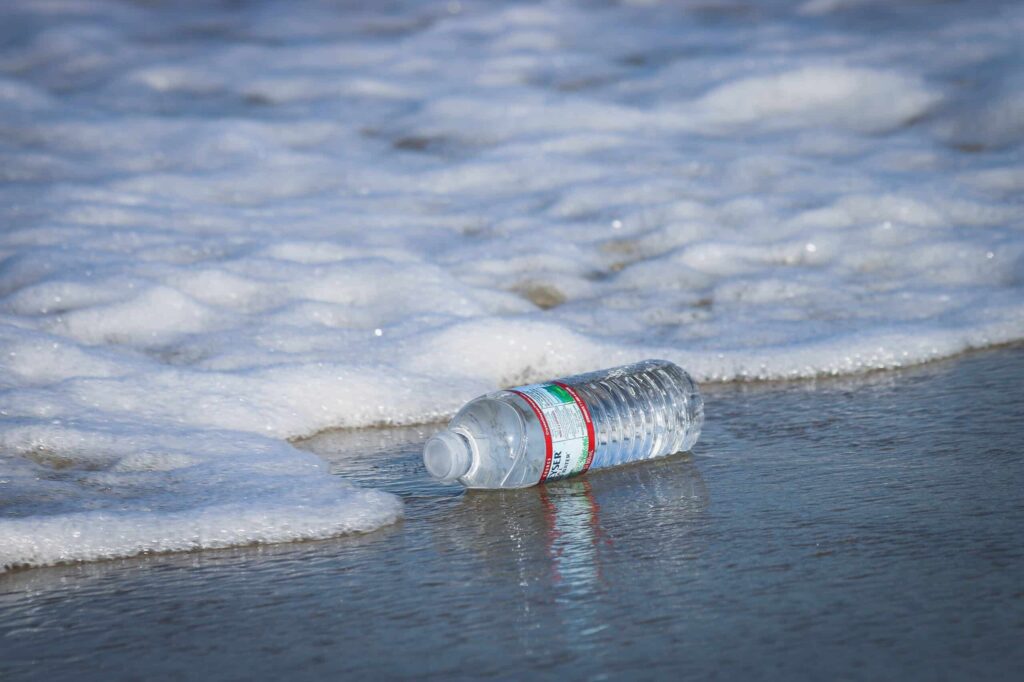Welcome to a comprehensive analysis of a widely consumed, yet often misunderstood product – bottled water. As an experienced professional in the sustainability and health sectors, I’ve dedicated years to studying the impacts of everyday choices. Today, I aim to shed light on a topic that has considerable relevance in our lives: the real cost of bottled water.
Table Of Contents
−For years, bottled water has been marketed as a beacon of purity and safety. Yet, the reality tells a different story. Join me as we venture beyond the price tag, delving into the financial, health, and environmental ramifications of this everyday product.

The Financial Implications of Bottled Water: A Costly Convenience
Bottled water is undoubtedly convenient. However, it carries a hefty price tag. On average, bottled water costs about 3000% more per gallon than tap water. This might seem like a minuscule addition to your grocery bill, but consider this – Americans collectively spend billions annually on bottled water. Switching to tap water promises not only equal quality but also substantial financial savings.
Debunking the Health Myth: Bottled Water vs. Tap Water
There’s a prevalent belief that bottled water is inherently safer and purer than tap water. However, this is a well-crafted illusion. Municipal tap water is subject to strict regulations and rigorous testing, ensuring it is safe for consumption.
Bottled water, despite its pure image, doesn’t always undergo the same stringent scrutiny. To add, blind taste tests often reveal that tap water can match, if not surpass, the taste of bottled water. Opting for tap water means placing trust in regulations designed to safeguard your health.
The Environmental Toll of Bottled Water: A Hidden Cost
Bottled water’s environmental impact is significant and multifaceted. It encompasses the production, transportation, and disposal of plastic bottles, each stage contributing to pollution, climate change, and waste.
To meet the demand for bottled water, millions of barrels of oil are required to produce plastic bottles. This practice escalates carbon emissions and depletes finite resources. Moreover, most plastic bottles end up in landfills or as litter, taking hundreds of years to decompose and posing a threat to wildlife and ecosystems. Choosing tap water over bottled water means standing up against these environmental harms.
Embracing the Sustainable Shift: Alternatives to Bottled Water
Fortunately, there are viable alternatives to bottled water. Reusable water bottles made from sustainable materials like stainless steel or glass are an excellent choice. These options are not only durable but also free from harmful chemicals like BPA.
Additionally, enhancing the quality and taste of tap water is possible with faucet filters or filtered water pitchers. Embracing these sustainable choices reduces plastic waste and contributes to a greener lifestyle.
The Verdict: Informed Choices for a Sustainable Future
In conclusion, bottled water’s cost is much more than what meets the eye. This seemingly innocuous product carries a significant financial burden, perpetuates an illusion of purity, and takes a severe environmental toll. It’s clear that tap water emerges as the superior choice.
By choosing tap water, we conserve money, rely on robust safety standards, and actively contribute to sustainability. Let’s embrace reusable bottles and water filters and reduce plastic waste. Each time we choose tap water over bottled water, we’re making a stand for both personal health and the health of our environment. Let’s educate, advocate sustainable practices, and shape a future where the hidden costs of bottled water are a thing of the past.

Jay
Jay is a health and wellness enthusiast with expertise in water quality and nutrition. As a knowledgeable advocate for holistic well-being, Jay successfully manages Type 2 Diabetes through informed lifestyle choices. Committed to sharing reliable and authoritative insights, Jay combines firsthand experience with a passion for enhancing health."
